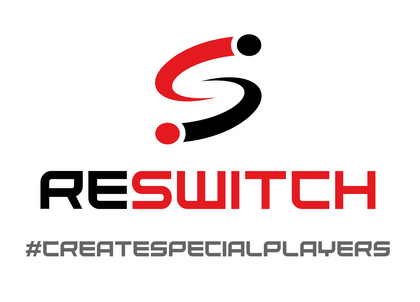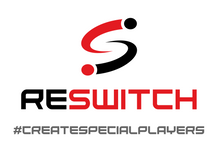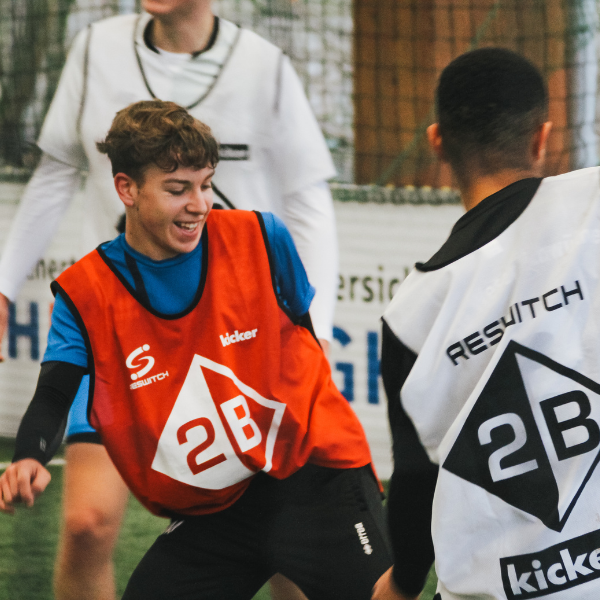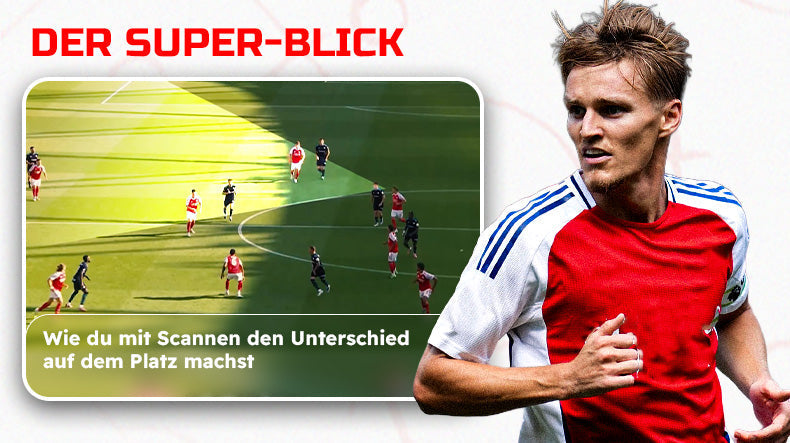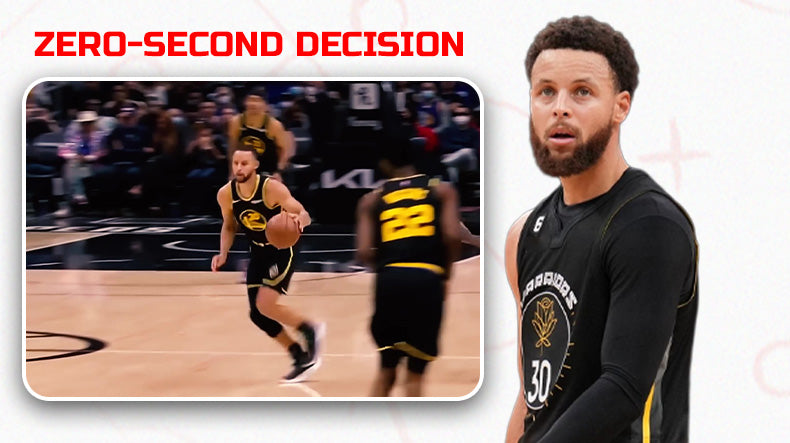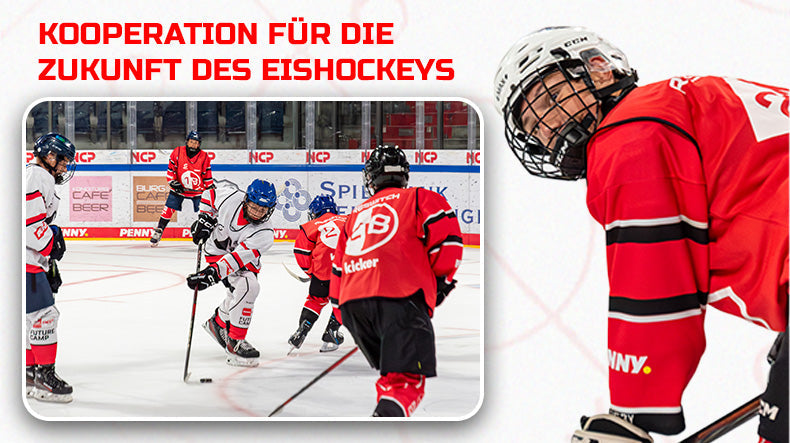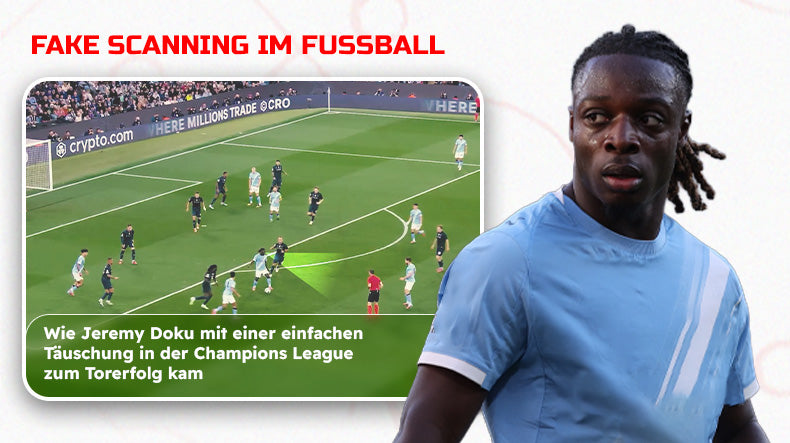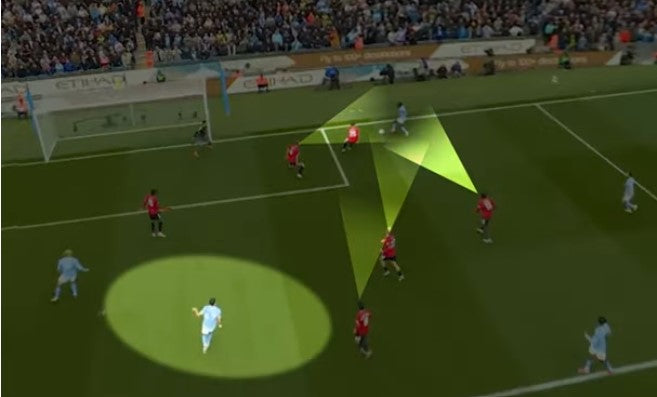Cognitive training in football: The importance of anticipation and executive functions

In modern football, physical fitness alone is no longer enough. Success on the field increasingly depends on the ability to make split-second decisions, anticipate game situations, and adapt to constantly changing dynamics. Cognitive training aimed at improving anticipation and executive functions is becoming an essential component of player development. This article explores why these skills are crucial and how they can be trained effectively.
What are executive functions in football?
Executive functions are cognitive processes that enable players to adapt their behavior, make decisions, and manage complex tasks under pressure. In football, these include:
-
Planning : For example, determining the best moment for a pass.
-
Impulse control : Avoiding unnecessary fouls or hasty decisions.
-
Flexibility : Adapting to unexpected changes in the game.
A midfielder, for example, must not only control the ball but also scan the field for passing options, anticipate the opponents' movements and choose the best action within fractions of a second.
The role of anticipation in football
Anticipation refers to the ability to predict future events based on available information. A goalkeeper who anticipates the direction of a penalty kick or a defender who intercepts a pass demonstrates strong anticipation skills.
Benefits for players:
-
Faster reactions.
-
Better positioning.
-
Improved decision making under pressure.
Anticipation is a trainable skill. Through dynamic exercises and drills, players can improve their ability to read the game and act more effectively.
Cognitive training in football: basics and benefits
Cognitive training focuses on the mental side of the game. It teaches players to process information quickly, react decisively, and stay focused under pressure.
Advantages:
-
Improved game overview.
-
More efficient decision-making.
-
Lower error rate in critical moments.
Training methods for executive functions and anticipation
Coaches can use various training methods to develop cognitive skills. RESWITCH 's innovative approach provides an excellent example of how these skills can be effectively trained. Their methods utilize specialized training tools such as jerseys and goalposts with colors, symbols, numbers, and letters to create dynamic and cognitively challenging drills.
Rondos: More than just passing exercises
Larger rondos, i.e., game forms with players on the outside positions, are widely known for improving ball control and teamwork. However, they are also powerful tools for cognitive training:
-
Game intelligence : Players must constantly analyze the space and anticipate movements.
-
Team coordination : Effective communication and synchronization are crucial.
-
Quick reactions : Rondos require constant attention and quick decision-making.
Dynamic team change training with RESWITCH
RESWITCH takes cognitive training to a new level by integrating jerseys and goal signs with symbols, numbers, letters, and colors. This system allows coaches to dynamically change team affiliations during drills, realistically simulating game situations and forcing players to adapt quickly.
Example drill : Players wear jerseys with different symbols or numbers. During a drill, the coach calls out a command such as "Switch to the team with stars" or "Join the group with number 3." This drill asks players to:
-
Perceive : Recognize new team assignments.
-
Decide quickly : Choose the next action based on the updated scenario.
-
To act immediately : adjust your positioning and play style accordingly.
This constant switching strengthens the key cognitive skills that tomorrow's players need to excel under pressure.
Reswitch forms
Reswitch training formats challenge players to quickly adapt to new roles and changing tasks on the field. For example:
-
Players start in predefined roles and then quickly adjust their positions based on new instructions or cues on their jerseys.
These forms improve attention, adaptability and team dynamics.
The science behind anticipation in sports
Research shows that anticipation is crucial in all sports. Athletes with strong anticipation skills demonstrate faster reaction times and make more effective decisions. Studies show:
-
Experienced players can recognize opponents' movement patterns more quickly.
-
Reading subtle cues, such as body posture, allows players to more accurately predict actions such as passes or shots.
A striker observing the goalkeeper's posture and adjusting his shot accordingly demonstrates the practical application of anticipation.
FAQs
What are executive functions in football?
Executive functions refer to cognitive processes such as planning, flexibility, and impulse control, which are critical for making quick decisions on the field.
How does cognitive training improve anticipation?
Cognitive training sharpens a player's ability to process information and react quickly, allowing them to predict game situations more effectively.
What makes RESWITCH training unique?
RESWITCH uses jerseys and goal signs with colors, symbols, numbers, and letters to create dynamic exercises that train cognitive skills such as decision-making and adaptability.
What are reswitch exercises?
These are drills that require players to react to new roles or positions in real time to improve perception, decision-making, flexibility, and concentration.
